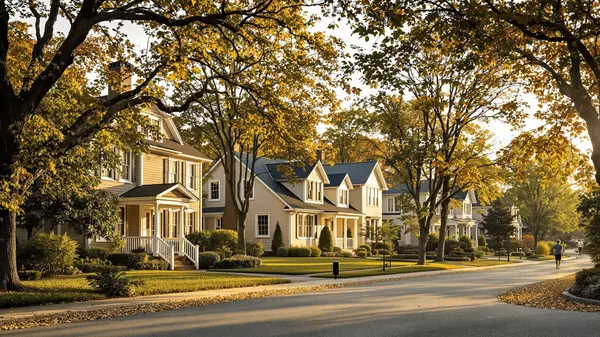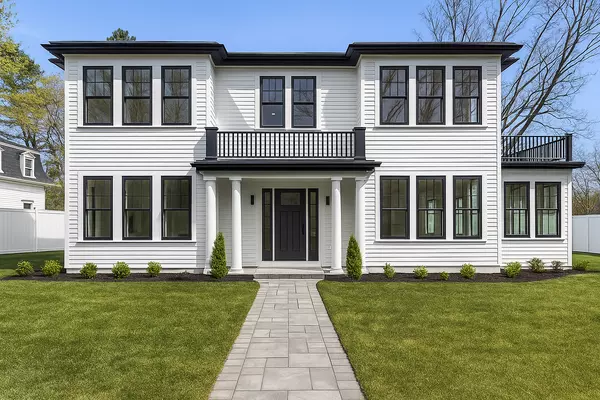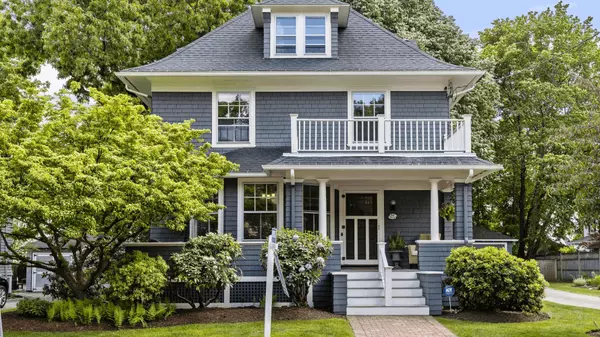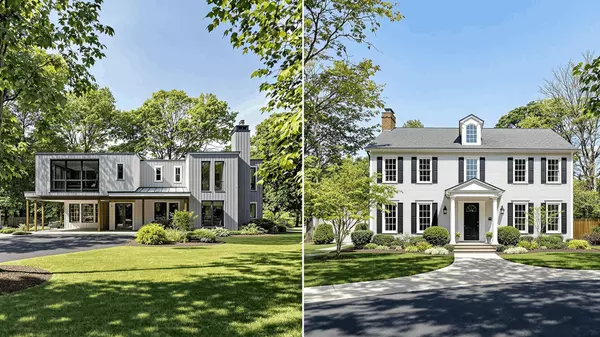What to Know Before You Move to Newton, MA (2025 Guide)
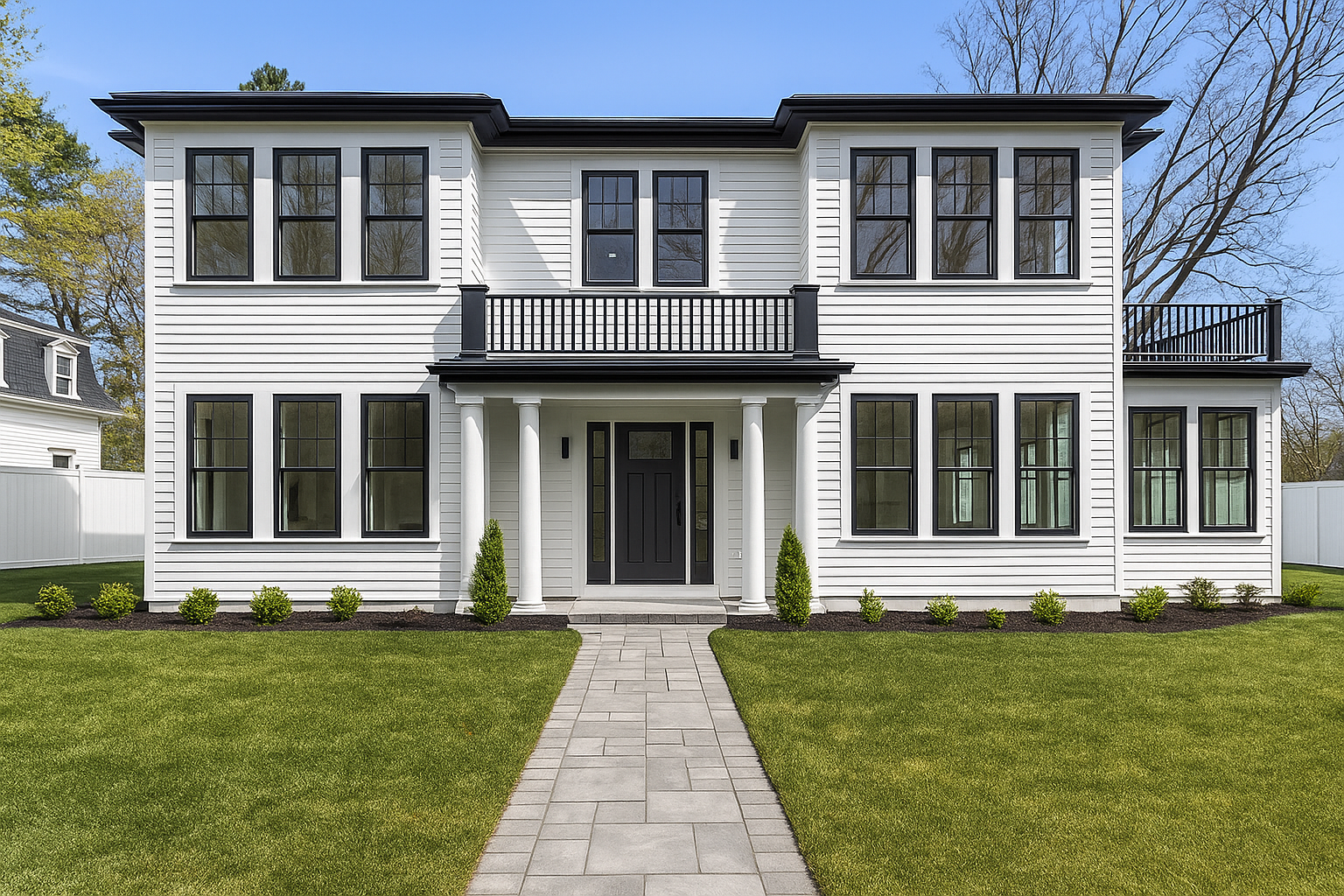
Are you considering a move to the charming town of Newton, Massachusetts? You’re in good company. From its rich history and strong sense of community to its outstanding schools and lush green spaces, Newton has much to offer. It’s no surprise WalletHub named it one of the Best Small Towns in America.
Whether you’re drawn to its historical significance, the allure of its outdoor spaces, or the promise of an excellent education for your children, Newton is a town that welcomes you with open arms.
What to Know Before Moving to Newton, MA: 5 Key Insights for a Smooth Transition
Thinking about making the move to Newton, MA? Before you load up the moving truck and start picturing cozy nights in your new home, there’s more to it than just packing tape and cardboard boxes.
Newton is a fantastic place to call home, but it comes with a few surprises—especially when it comes to your wallet! Here are five hidden costs you should know:
1. Contractor Markups: Sticker Shock for Renovations
Dreaming of sprucing up your new home? Be ready for premium labor rates and "Newton markups." Renovation costs can spike quickly due to high demand and local contractor pricing. Budget accordingly if you're planning upgrades.
2. Commuting Costs: The Price of the Perfect Suburb
Newton is a commuter's dream, but daily trips to Boston add up. Whether you're using the MBTA Green Line or driving, factor in tolls, parking, and gas. Learn more in our Newton vs. Boston Cost Comparison.
3. Utility Bills: The Hidden Energy Drain
Older homes mean higher heating bills. Winters are cold, and drafty windows don't help. Consider investing in insulation or energy-efficient upgrades.
4. Everyday Living Costs: The "Little Things"
From groceries to gym memberships and snow removal, the little things add up. Expect a 10–15% higher cost of living than the national average. Explore family-friendly activities that won't break the bank.
5. Property-Related Expenses: The Not-So-Obvious Bills
- Property taxes: $9.83 per $1,000 of assessed value
- Insurance premiums: $1,200–$2,500 annually
- Permit fees, maintenance, and potential HOA dues
WATCH: What You Need to Know About Moving to Newton, MA
Real Estate Premiums: Newton's Market Reality
The Newton housing market reflects its high desirability. Median home prices exceed $1.5 million, and rental properties (two-bedroom units) range from $2,500–3,500/month. Curious what’s currently available? View Newton Listings.
Don’t forget about Newton’s higher property tax rates compared to nearby towns. These added monthly costs matter when planning long-term.
Contractor & Service Costs: A Local Reality Check
- $70–150/hour for contractors
- $300–600/season for snow removal
- $50–100/visit for lawn care
Use local forums, Facebook groups, or Nextdoor to get referrals from residents.
Long-Distance Moving Costs
- 4–5 bedroom homes (1000+ miles): $6,500–10,000+
- Cross-country moves: $8,240–16,640
- 50–250 mile moves: $2,000–5,700
Commuting in Newton: What It Costs
MBTA Rates
- Bus: $1.70
- Green Line: $2.40
- Monthly LinkPass: $90
Commuter Rail
- Zone 1: ~$6.50 one-way (~$260/month)
Driving
- Gas: ~$3.50–4.00/gallon
- Tolls: $1–4/trip
- Parking: $150–200/month
Utilities in Newton
- Eversource: Electric & gas
- National Grid: Gas in select areas
- MWRA: Regional water/sewer
Everyday Living Costs in Newton
Grocery & Essentials
- $150–200/week for a family of four
- Newton Farmers' Market for local produce
Recreation & Culture
- YMCA: $75–200/month
- Events: $20–50/ticket
- Date night ideas
Dining Out
- Casual: $10–15 per person
- Mid-range: $20–40 per person
Final Thoughts: Newton's Worth It—If You Plan Ahead
Newton, MA, is full of charm, community, and convenience. But it’s not cheap! By being proactive about costs and planning ahead, you can enjoy everything this town has to offer without surprises.
Looking to explore whether a historic or new home fits your lifestyle? We break it all down for you.
Buying in Newton? Work With a Local Real Estate Professional
When considering a move to Newton or anywhere in the Metrowest Boston area, working with a local expert makes all the difference. From understanding the market to knowing each of Newton's unique neighborhoods, having a trusted real estate professional by your side ensures a smoother, more confident home search experience.
Our team at Moving to Newton is here to serve with expertise and integrity. Whether you're buying your first home or making a strategic move, we're committed to helping you every step of the way.
📧 Email us at movemetoboston@gmail.com or click to call 617-610-7959 to get started today.
Categories
Recent Posts
